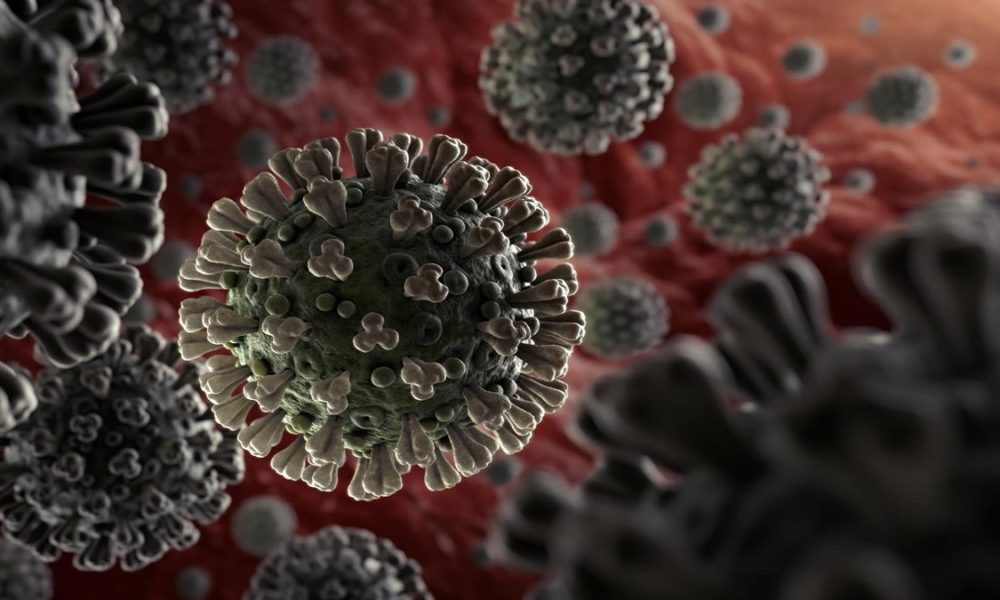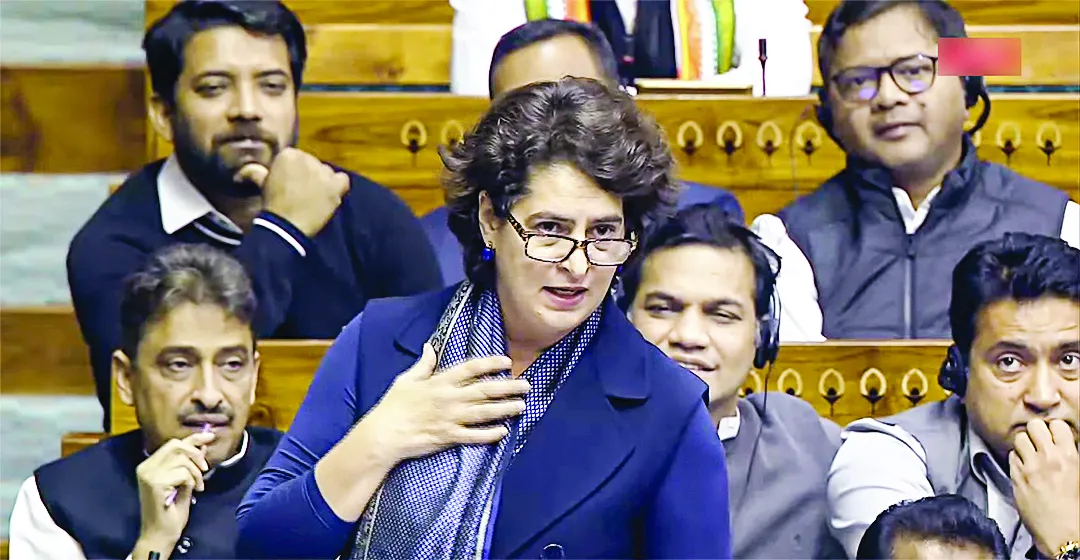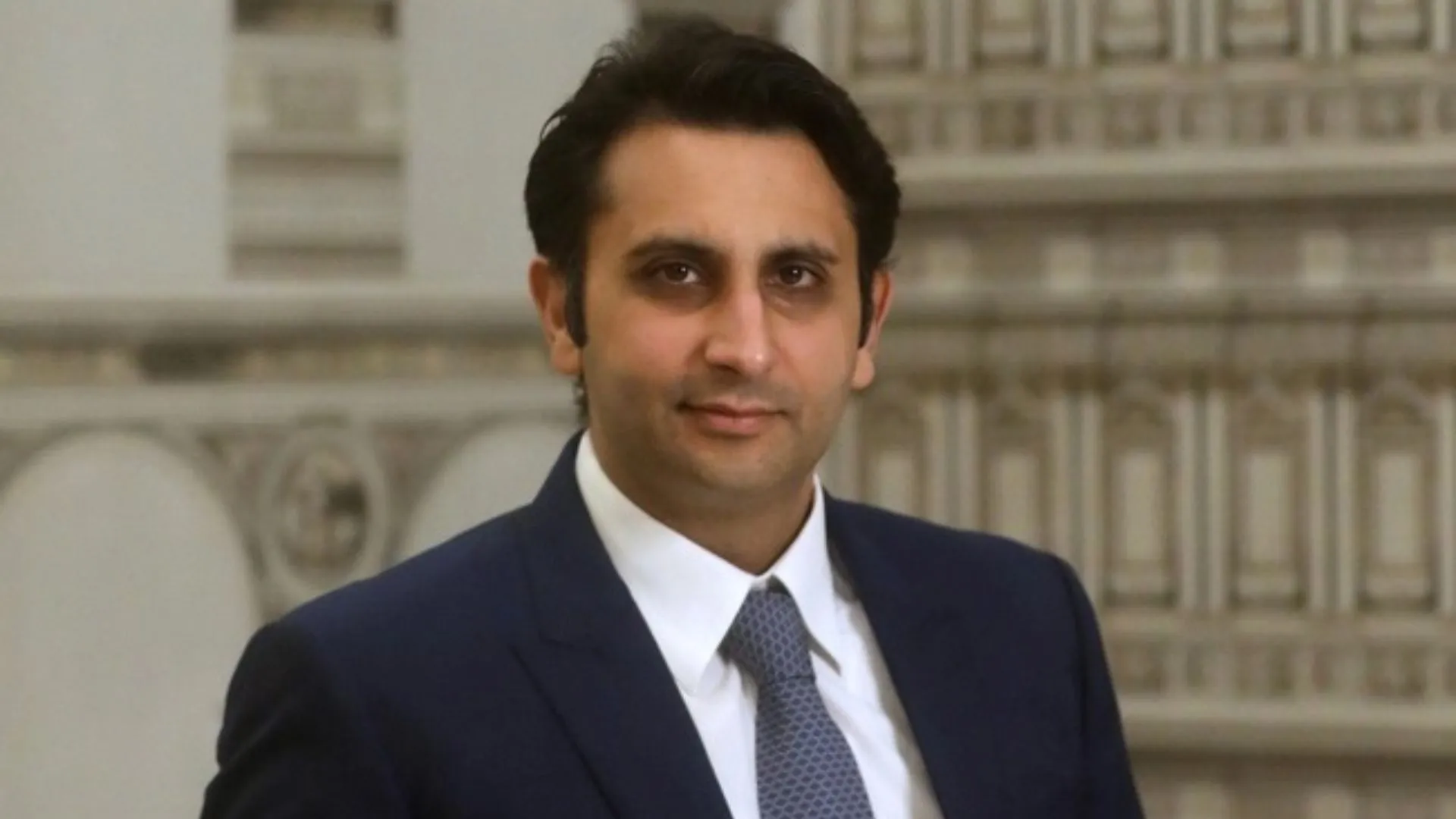The death toll in India due to the Covid-19 outbreak stands at over four lakh since the first case came to light in January 2020. If we consider the plight of nearly 230 million being pushed back into poverty due to lack of employment during the first and second wave, the blow is heavier. This plight is even worse when we consider that despite healthcare being a fundamental right to every citizen, the pandemic brought to the fore a vulnerable, fractured and unprepared healthcare system that struggled to keep up with the alarming surge in cases and demand for medical care and attention during the second wave.
Therefore, as epidemiologists and public health experts continue to caution us against an imminent third wave, there is an urgent need to be well-prepared to minimise the loss of lives.
As social media handles continuously buzzed with citizens desperately calling out for help during the devastating second wave, civil society organisations (CSOs) emerged as the silent heroes without capes saving people during the pandemic. Localised community-based initiatives along with CSOs stepped in to mobilise medical resources, round up volunteers, and help fill gaps in information about available hospital beds, oxygen cylinders, crematoriums, and arranging food and shelter for children and families of those in need. While most of these initiatives have been small, very community-needs specific and highly efficient, the looming third wave poses very pertinent questions, “Are these solutions viable at a population scale? Will our preparations ensure that we reach the marginalised and underserved?” The answer to these questions and what is desperately the need of the hour is Development Management.
Leaders in the social sector need to have a management thinking lens when crafting solutions to this grim and very real-world problem of healthcare access to the underserved. The need is for solutions that not only reach the marginalised but reach them at a much wider scale. Development Management is grounded in universal human values and domain knowledge. It has the power to create leaders in the social sector to look for solutions to issues of providing healthcare access, in smaller bits, be it through mere transportation of medical equipment, telemedicine access, to merely raising funds. These solutions have the capability of not only being inclusive to those being left out due to the lack of affordability, accessibility, and awareness but have the potential to be replicated, scaled up, sustainable, and most importantly, equitable.
The endeavour to create and mentor a passionate, empathetic, and skilled cadre of leaders and managers for the social sector has thrived in the initiatives and efforts launched by the Indian School of Development Management’s (ISDM) students during these times of need. These leaders and managers are perceptive of the need for systems thinking, collaboration, equity, participative processes towards the development of all beings and the planet while being deeply embedded in universal human values.
For example, Karn Singh, who was part of the second batch of the PGP-DM programme at ISDM, is the founder of a social enterprise called Oorja Sustainable Solutions LLP, which aims to develop an ecosystem that brings together Social Purpose Organisations (SPOs), their donors and volunteers, and the vulnerable communities they serve on a common e-commerce platform. During the pandemic, Team Oorja created a Covid-19 Relief 2021 Taskforce, where they partnered with 22 community SPO partners and eight Covid-19 Care Facilities to provide relief in the form of ration kits, immunity kits, medicines, essential medical equipment, and oxygen concentrators in Chandigarh, Punjab, and Haryana.
Realising that physical distancing norms and the fear of Covid-19 among donors had adversely affected the supply of safe blood for children living with thalassemia, ISDM student Krishna Vamshi and his friend Sandeep Kavety created a ‘Blood Bridge’ through their organisation called Blood Warriors. “I always believe that I have limited time on the planet, which technically means I can only do limited things in life. If I am lazy and do not do anything in this limited time, I am cutting down on my experience of doing things. This keeps me going.” Vamshi and his team are using social media to mobilise blood donors who can support at-risk thalassemia patients and have launched community-driven fundraisers to raise more than Rs 10 lakh to support patients who do not have the means to afford emergency treatment.
Another inspiring example is Shashwat Kotambkar’s organisation, Kazwa, which has been working relentlessly on the ground over the past year to mobilise resources for Covid-19 patients. Motivated by these words, someone once told him, “The least you can do is own your privilege”, it has stayed with him and encouraged him to keep going even when things got tough. Overcoming the initial struggles of creating a robust network of contacts, over a year, they have managed to connect with passionate volunteers eager to spend their time and effort for Kazwa’s initiative. Kotambkar shared that leading Kazwa has been a cathartic process, giving space for reflection on the power of a collective to gain new perspectives.
There is undoubtedly a requirement to not only bandage India’s fractured public health system but be instrumental in setting up the proper health infrastructure to ensure that every citizen receives their rightful claim to healthcare. It will be possible when community-based initiatives work with leaders trained in Development Management. This is bound to impact the country’s survival of the third wave of the Covid-19 pandemic at a population scale.
The writer is president, Indian School of Development Management. The views expressed are personal.























